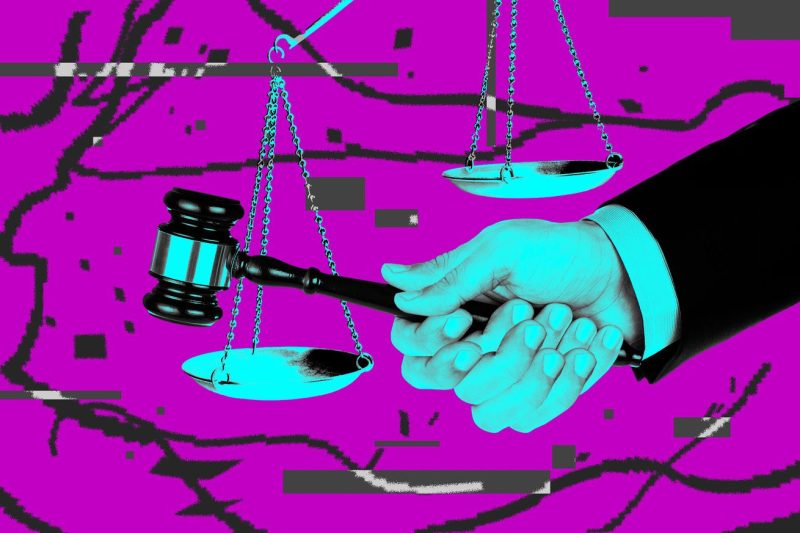The recent proposed legislation known as the AI-Focused COPIED Act has sparked significant debate within the tech and creative industries. This act aims to make the removal of digital watermarks illegal, thereby protecting the integrity of copyrighted content in the digital sphere. While the intentions behind the act may seem noble, there are various factors to consider regarding its potential impact.
One of the primary arguments in favor of the AI-Focused COPIED Act is the need to protect the intellectual property of creators and artists. Digital watermarks serve as a crucial tool for content creators to claim ownership of their work and prevent unauthorized use or distribution. By making the removal of digital watermarks illegal, the act seeks to deter individuals or entities from engaging in copyright infringement.
However, opponents of the AI-Focused COPIED Act raise valid concerns about its potential drawbacks. One of the main criticisms is that the legislation could stifle innovation and creativity in the tech industry. Restricting the ability to remove digital watermarks may limit the freedom of researchers, developers, and technologists to explore new technologies and develop innovative solutions. This could have far-reaching implications for the future of artificial intelligence and machine learning.
Moreover, there are practical challenges associated with enforcing the AI-Focused COPIED Act. Proving the intent behind the removal of a digital watermark can be complex, especially in cases where the action may be accidental or incidental. This could lead to legal ambiguities and challenges in prosecuting individuals or businesses for alleged violations of the act.
Another important aspect to consider is the potential impact on consumer rights and privacy. Digital watermarks are often used for tracking and monitoring purposes, raising concerns about data privacy and surveillance. By making the removal of digital watermarks illegal, the act may inadvertently restrict individuals’ ability to control their digital footprint and protect their privacy online.
In conclusion, while the AI-Focused COPIED Act aims to strengthen copyright protection in the digital age, it also raises significant questions and challenges. Balancing the need to safeguard intellectual property rights with promoting innovation and protecting consumer privacy is a delicate task that requires careful consideration. As the debate continues, it is essential to strike a balance that serves the interests of all stakeholders involved in the digital ecosystem.




























